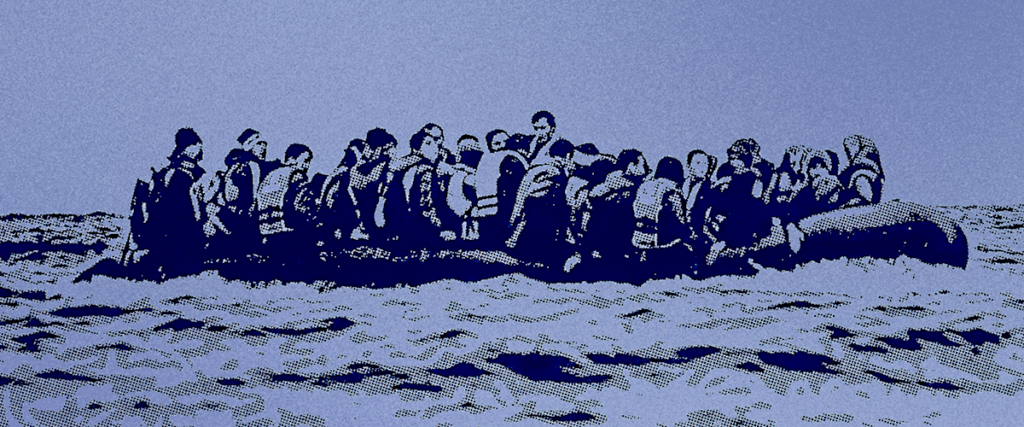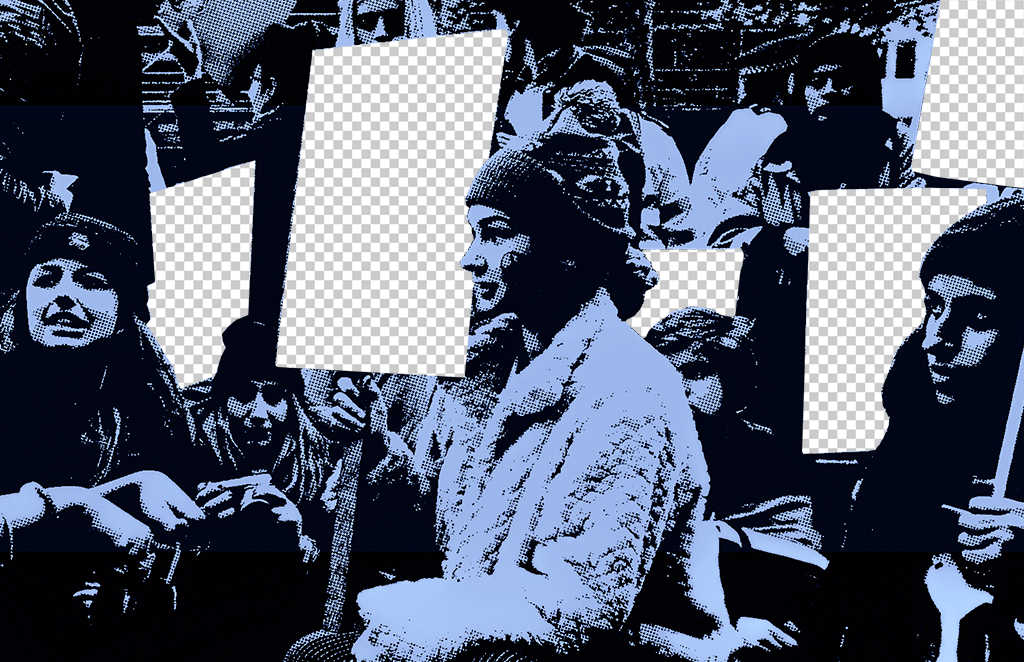
Could debate on immigration be suppressed?
A little bombshell, hidden deep within the gargantuan piece of legislation that is the Online Safety Bill, could have the effect of suppressing public debate around immigration. The phrase is ‘assisting illegal immigration’ and it refers to the criminalisation of people helping refugees to arrive in the UK. It links the Online Safety Bill to the Nationality and Borders Act in such a way that it creates a censorship requirement on social media platforms. Public discourse around safe and legal routes is most likely to be impacted.
The digital hostile environment
The Online Safety Bill imports Section 41 from the Nationality and Borders Act. It does so by means of a reference to the 1971 Immigration Act – Section 25 Assisting Unlawful Immigration – which is amended by Section 41 of the Nationality and Borders Act. The reference is hidden deep in a Schedule appended to the Bill (Schedule 7). Section 41 is a highly controversial piece of law, part of the so-called “New Plan” introduced by Home Secretary Priti Patel, and furthers the government’s “hostile immigration environment” policy. It establishes a criminal offence of facilitating the arrival of asylum seekers to the UK, with a maximum penalty of life imprisonment.
Lawful posts could be censored, with serious implications for public discourse in the UK.
Dr Monica Horten, ORG Policy Manager
Social media providers who identify this offence in content posted on their platforms would be under an obligation to remove it or prevent people from seeing it. Potentially, an offending social media post could be made to disappear whilst it is being uploaded by the user – a form of interception and characteristic of prior censorship.
There is a fundamental question about how platform providers go about detecting and identifying this content in a social media post. They could block people smugglers’ accounts, but more likely in the current political climate, they will look for posts containing images of what the government does not want to see – people arriving at UK beaches in small boats – and remove them.
The chances are they would rely on artificial intelligence techniques, or content moderation systems based on perceptual hashing. Both options entail risks of over-blocking. Lawful posts could be censored, with serious implications for public discourse in the UK.
Join our campaign
Take action to defend democractic expression from state censorship in the Online Safety Bill.
Act nowCensoring images and videos of small boats
“Content” means “words, images, speech or sounds” either individually or “taken together with other regulated user generated content present on the service” that could constitute an offence. The problem for online platforms is how to evaluate the content to determine whether or not it does comprise an offence.
From the viewpoint of a social media platform, it is far from clear how to interpret content that would be illegal under Section 41. What would a post look like? Platform policing is conducted at scale using automated content moderation systems. They could take the approach of building what’s known as a “hash” database, containing digital fingerprints of previously identified content of, for example, boats full of people crossing the Channel. They would remove any images that match something in the database. However, content related to organised immigration crime can be more complex, and may be context-dependent. To address this, they would likely use AI systems using text-based classifiers. Both system types can have high error rates or false positives.
If online platforms are swept clean of these images and posts, a vital area of public debate vanishes from the conversation.
Dr Monica Horten, ORG Policy Manager
Providers are asked to evaluate the content and assess where they “reasonably consider” it is illegal. A government amendment (NC14) at Report stage says providers can judge the content “on the basis of all relevant information that is reasonably available”. They are asked to consider whether the mental element of the crime is present. However, one may reasonably question why they are asked to “judge” the content at all.
Upload filters could chill public debate
The Bill is vague on how it expects online platform providers to tackle this. They are given instructions to “prevent individuals from encountering” the illegal content, or to “minimise the time it is present”. This is legal language that directs platforms towards the use of automated content moderation systems and potentially what’s known as an “upload filter”. As with so much in this Bill, it never actually says it specifically, but it’s likely to be what will be required in order to comply.
An “upload filter” intercepts content while the user is uploading it onto the platform, and checks to see if there is a match for illegal content. It operates a form of surveillance on users posting to the platform, 24/7. When it finds a match, it removes the content, effectively making it disappear before the user even knows what has happened. It is prior censorship, also known as prior restraint – and prohibited in English law.
The requirement is extended to search engines. Websites would be demoted in search listings if they have content deemed illegal under the Nationality and Borders Act. This could leave websites in the invidious position of losing their traffic, without a clue as to why it is happening.
None of this is good for free speech. If online platforms are swept clean of these images and posts, a vital area of public debate vanishes from the conversation.
With immigration issues regularly appearing at the top of the news agenda in the UK, it’s a deeply worrying an example of how the Online Safety Bill can be used for the government’s own purposes, to create a surveillance-based form of censorship and suppress debate on vital issues of public policy.
DISCOVER MORE

JOIN OUR CAMPAIGN
The Online Safety Bill threatens freedom of expression online with state censorship.
Take Action NowFree expression online
15 May 2023 By Dr Monica Horten
Small Boats and Silent Protest: Prior Restraint in the Online Safety Bill
Free expression online
11 May 2023 By Pam Cowburn
Online Safety Bill: A Danger to Democracy
29 Sep 2022 By Dr Monica Horten
Will the upload filter ban images of protest?
01 Sep 2022 By Dr Monica Horten
Could debate on immigration be suppressed?
ONLINE SAFETY BILL POLICY HUB
Discover more about the risk to privacy and freedom of expression in our policy papers.
Found out more